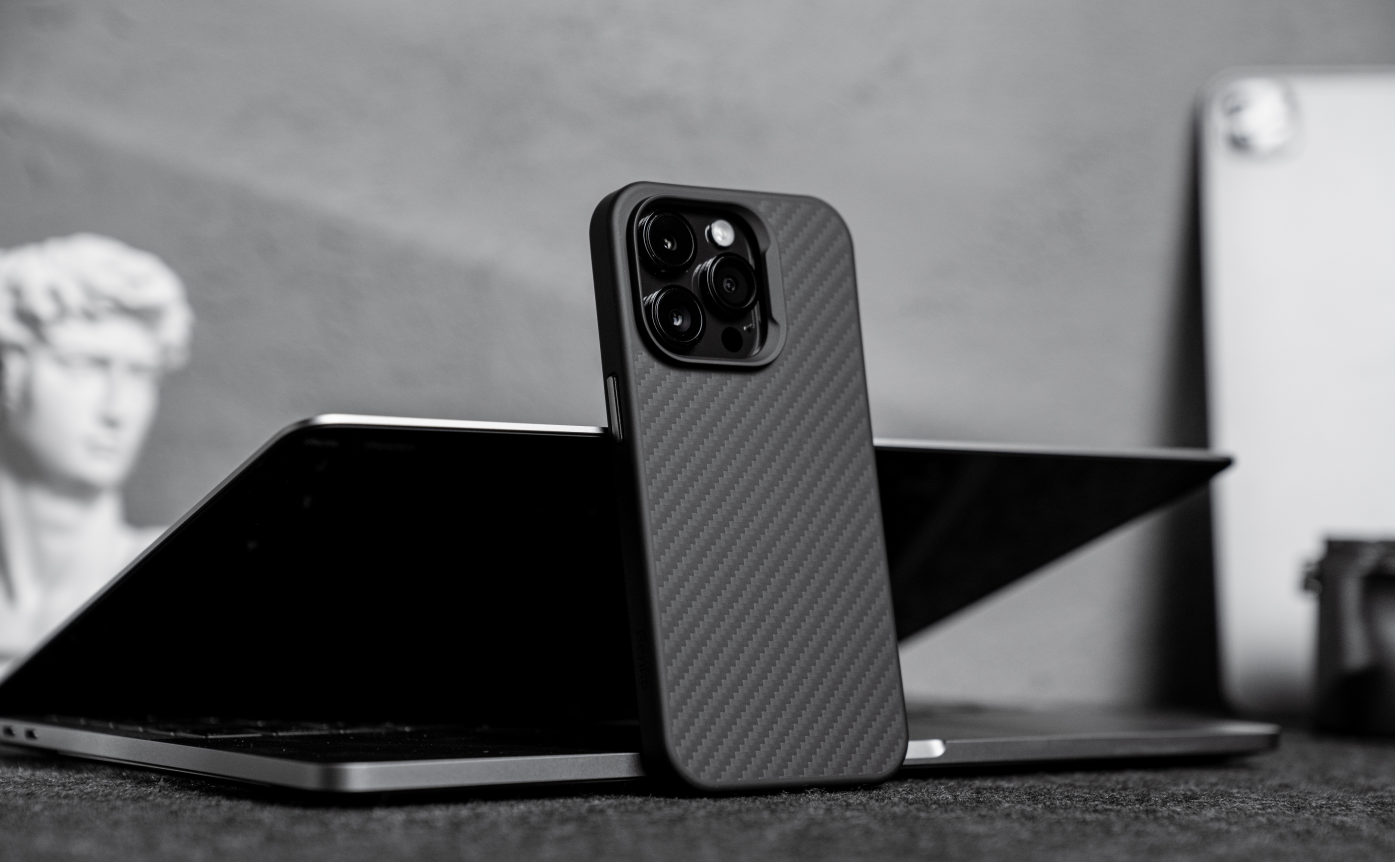
What is the Difference between Aramid Fiber and Carbon Fiber?
Aramid fiber and carbon fiber are the two most useful synthetic fibers to make different digital tech gadgets. They provide high quality and smooth grip sensation for users to own premium products. But lots of people consider aramid fiber and carbon fiber as the same material, which is not true, and need to be careful of their differences.
What is the difference between aramid fiber and carbon fiber?
Color
In the natural situation, aramid fiber presents bright gold color, while carbon fiber is pure black and hard to dye into other colors. Thus, aramid fiber cases in the market could be weaved with colorful aramid fibers, while carbon fiber cases need to be braided with another fiber.
Feature
Both aramid fibers and carbon fibers are lightweight, high-strength, and high-temperature resistant. But due to their special chemical structure, aramid fibers and carbon fibers have different features. Aramid fibers have rigid long molecules of aromatic ring structure making them with non-conductive features and high-impact resistant. The chemical structure of carbon fibers is not as complicated as aramid fibers. It is conductive and brittleness.

Applied Field
Aramid fiber and carbon fiber are versatile materials. Aramid fiber, available in forms like UD, fabric, and winding, bonds well with rubber. It's great for transmission materials, aircraft parts (wings, fairings), and high-performance structures in trains, optic fiber, and bulletproof vests. Carbon fiber is used with resin, metal, or ceramics to make composite materials for drones, aircraft, robotics, trains, and sports equipment.
How does aramid fiber and carbon fiber affect digital tech gadgets?
Aramid fiber is a good insulator with a dielectric strength of up to 20kV/mm. Carbon fiber, on the other hand, has good electrical conductivity. And this is why carbon fiber is not suitable as phone case material.
The conductivity of carbon fiber will absorb, reflect and even cancel out the electromagnetic waves emitted by mobile phones, and carbon fiber phone cases can block the phone signal by an average of 40%-60%. However, the aramid fiber case does not interfere with the phone signal at all so it is used as phone case material.

Should you choose aramid fiber or carbon fiber?
Aramid fiber or carbon fiber, is up to the different needs. If the product’s strength is required, then it is better to have stronger aramid fiber. For example, when it comes to the phone case, an aramid fiber case will be a better choice than carbon fiber with its non-conductive and excellent impact-resistant features.
But carbon fibers perform well in the anti-theft field. Its RFID (radio frequency identification) function, shields from skimming scanning rays, protects personal privacy from leakage, and credit card security.
Want to Learn More?
The Secret to Keep the iPhone 14 as New
Aramid Fiber Case VS. Carbon Fiber Phone Case. Which Wins?
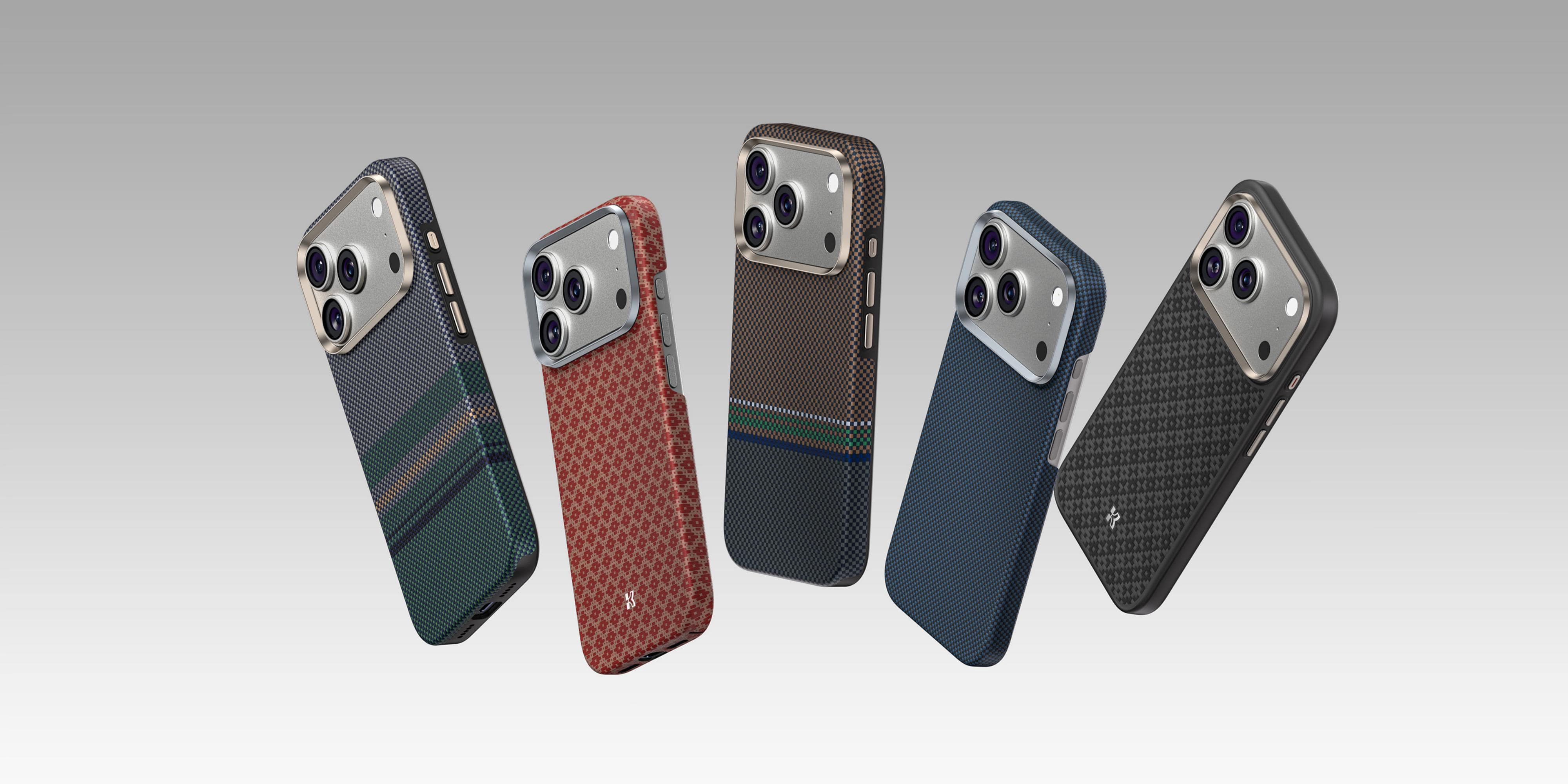
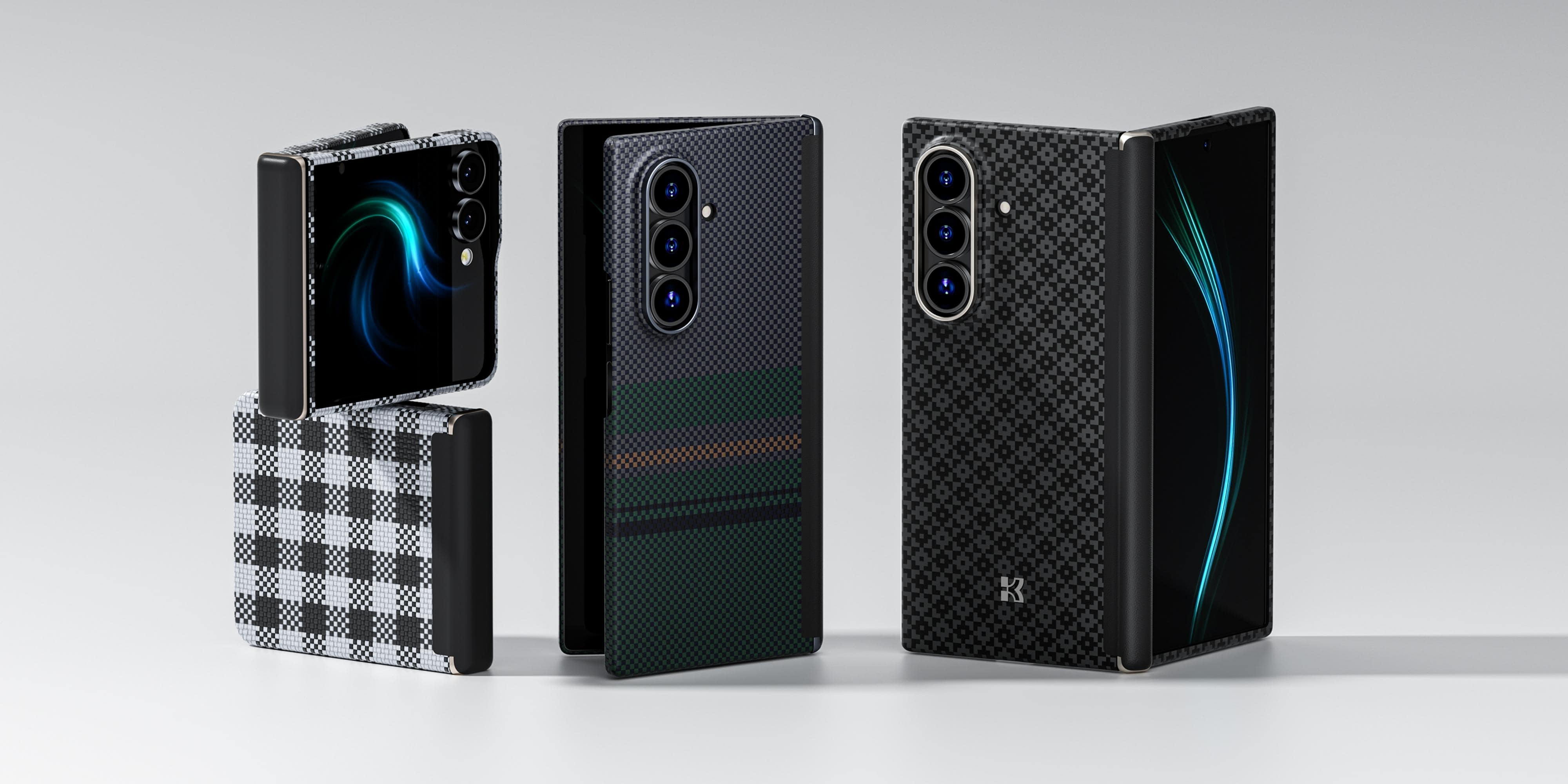
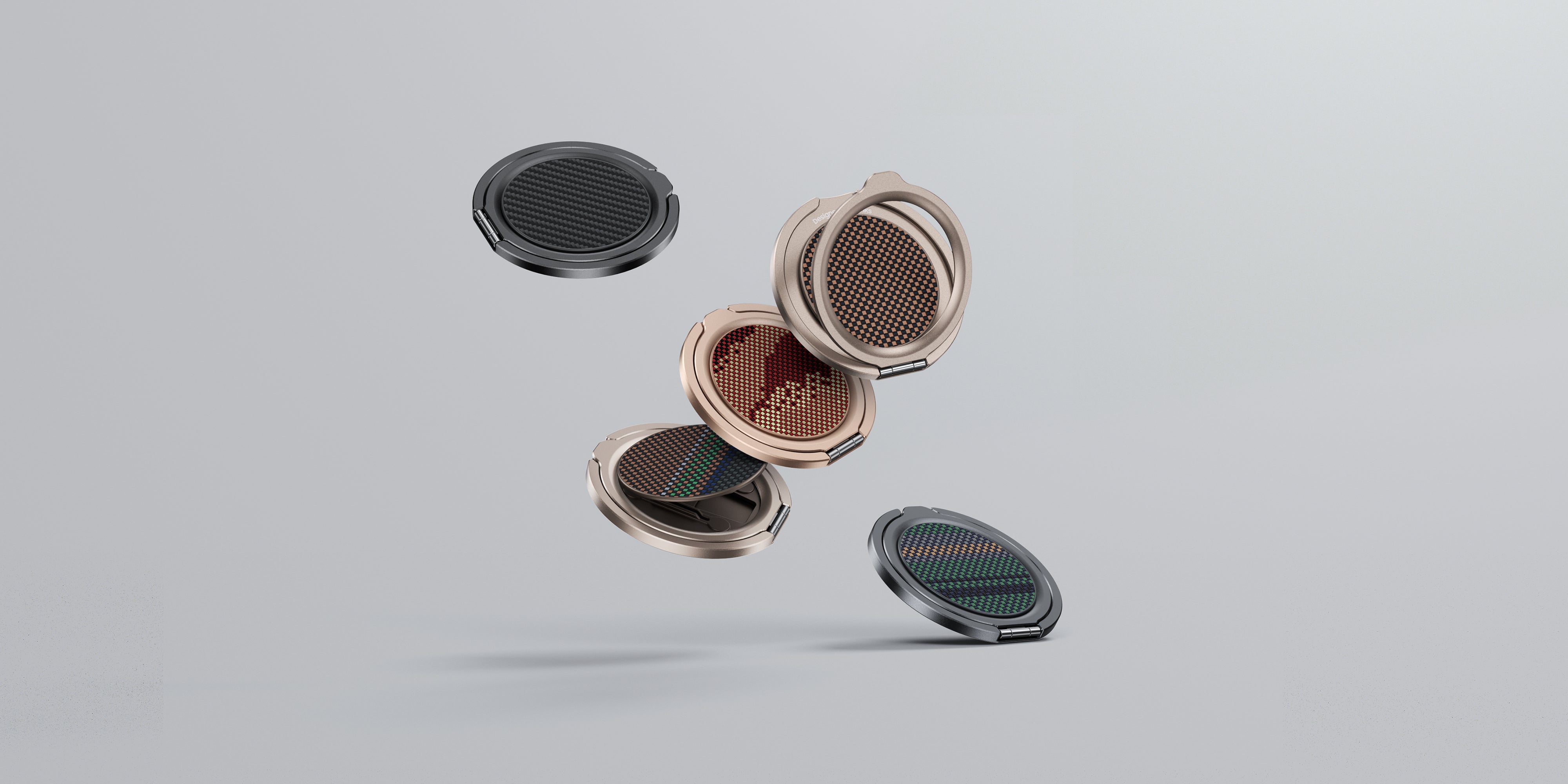

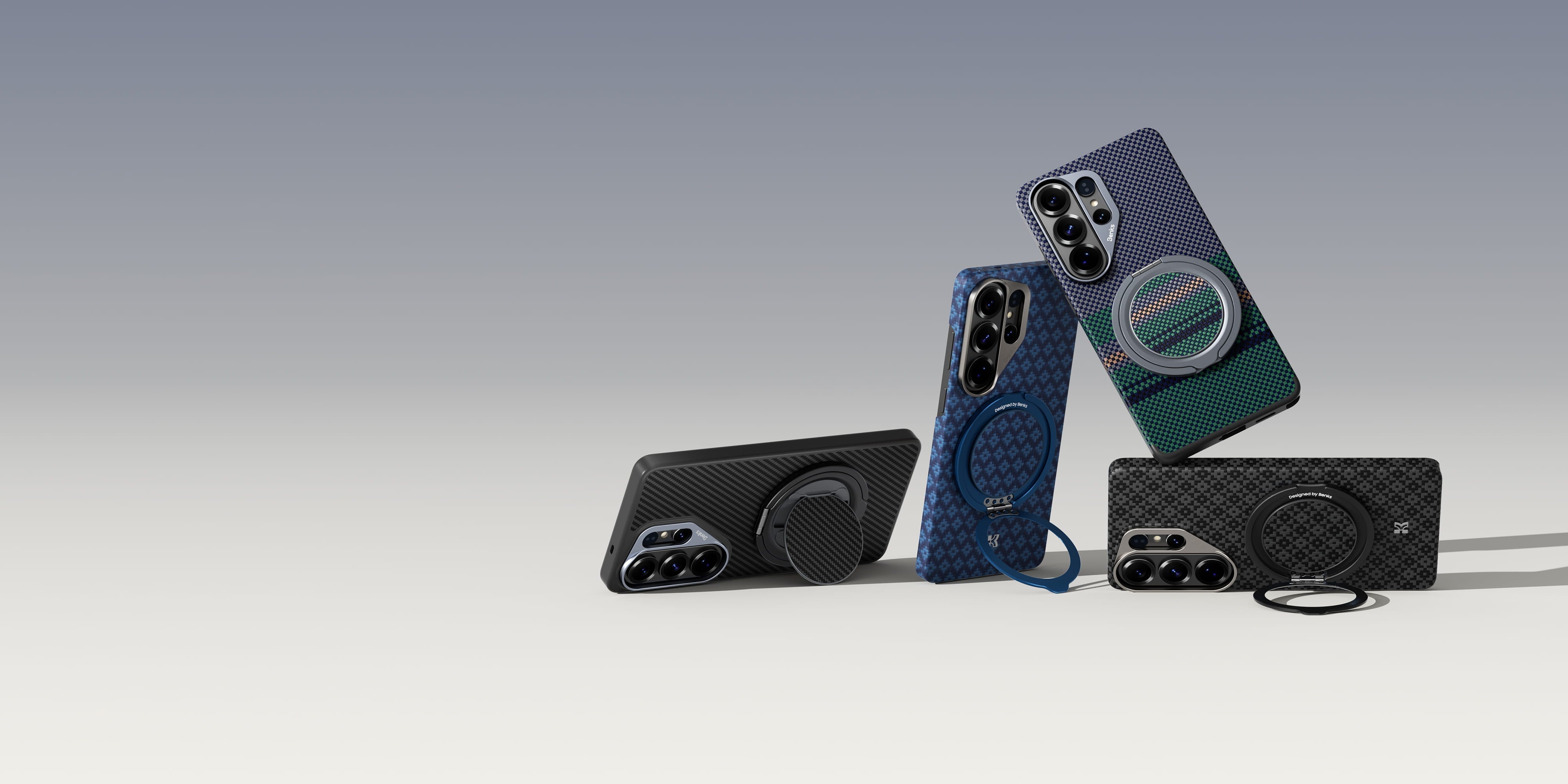
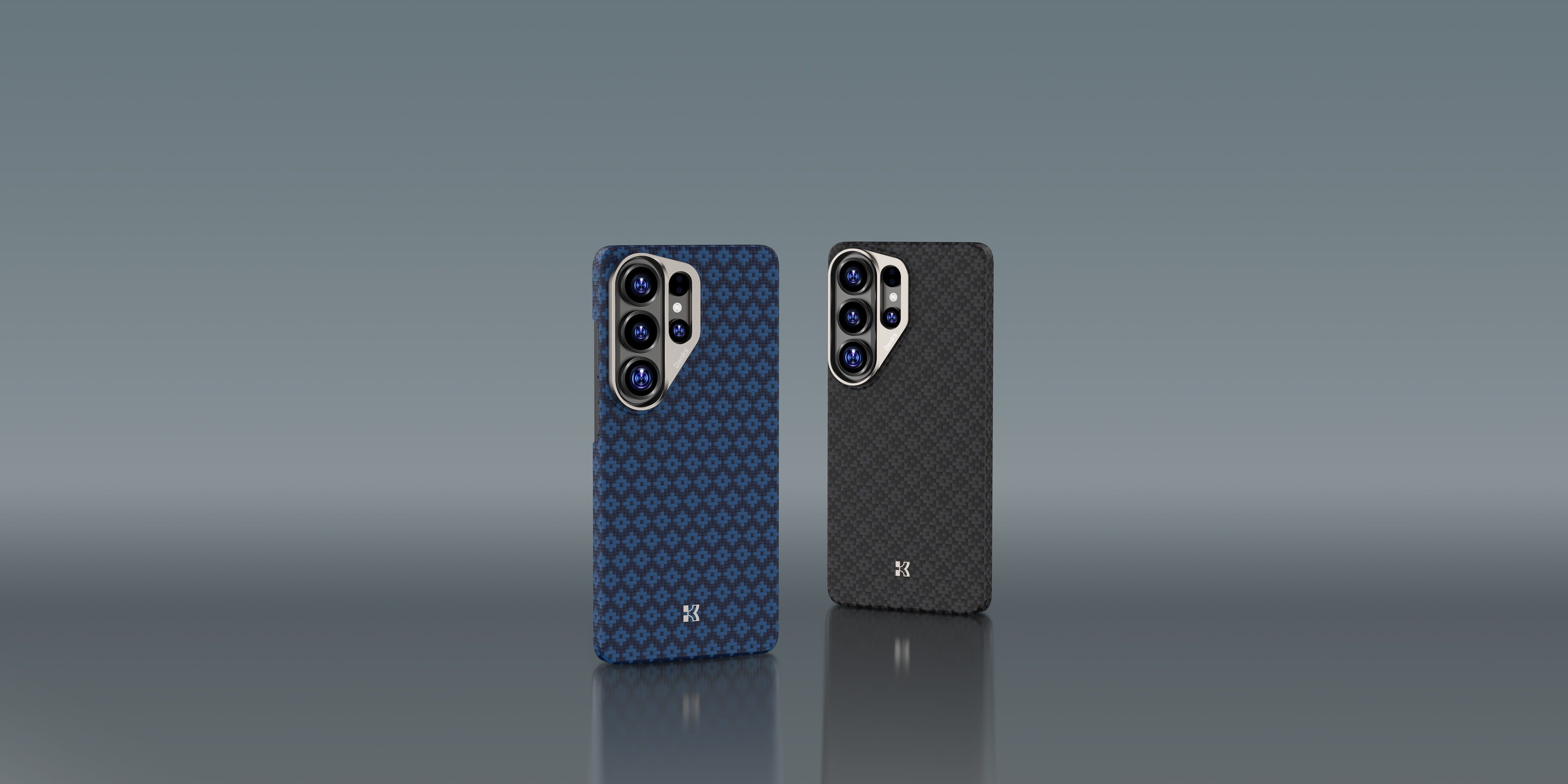





Leave a comment
This site is protected by hCaptcha and the hCaptcha Privacy Policy and Terms of Service apply.